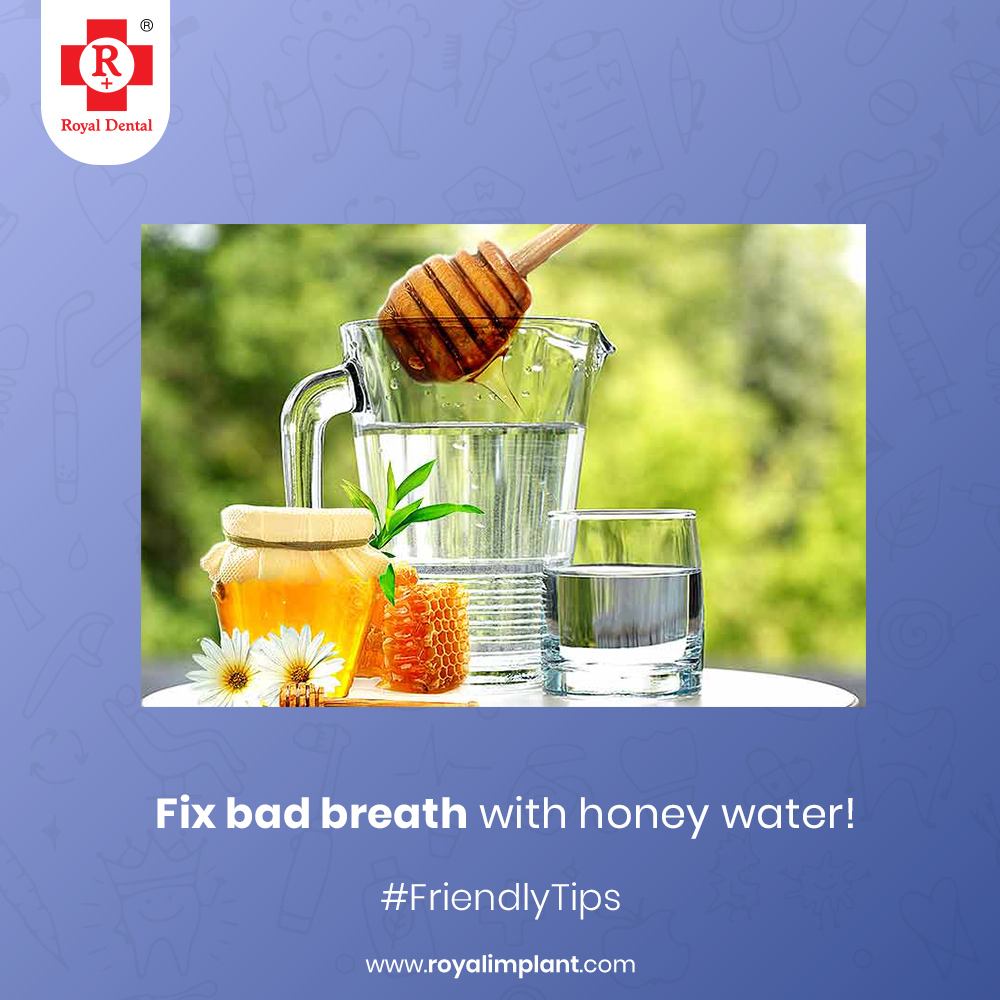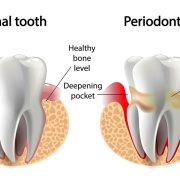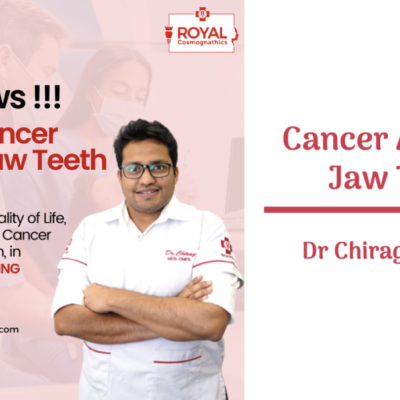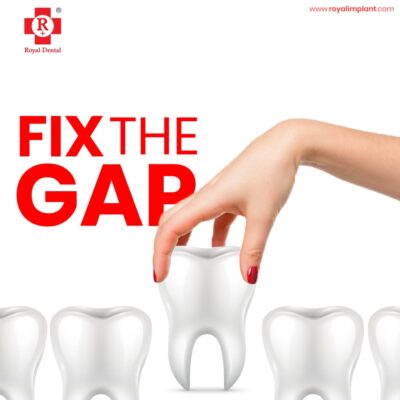Do you know that honey tooth decay is the world’s oldest sweetener? Perhaps you have heard that honey is good for your health, but maybe you don’t quite know why. Honey is a natural sugar with wonderful benefits. Its healing properties date back to ancient civilizations. Indeed, it has been used as medicine since the time of Hippocrates. Today, this natural sweetener continues to be used in various ways for its vitamins, minerals, and enzymes. However, not all kinds of honey have equal amounts of all these beneficial components. Some honeys are also adulterated or fake with additives that might not be healthy for you.
What is the best kind of honey for your health?
There are many kinds which you can choose from, and not all are good for your health. If you will only use honey for its health benefits, then you must choose the best kind for yourself. Ideally, you want it as natural as possible, with no additives or artificial ingredients. For example, you want to avoid honey that has been heated or processed in a way that alters its chemical make-up. Some sweeteners also have higher sugar content than others. This sweetener is made by bees as sugar-rich nectar, which they use to make their own food. The type of nectar the bees collect determines the type of sweetener they make. Despite its potential health benefits, honey is still sugar, which increases your risk of tooth decay and gum disease.
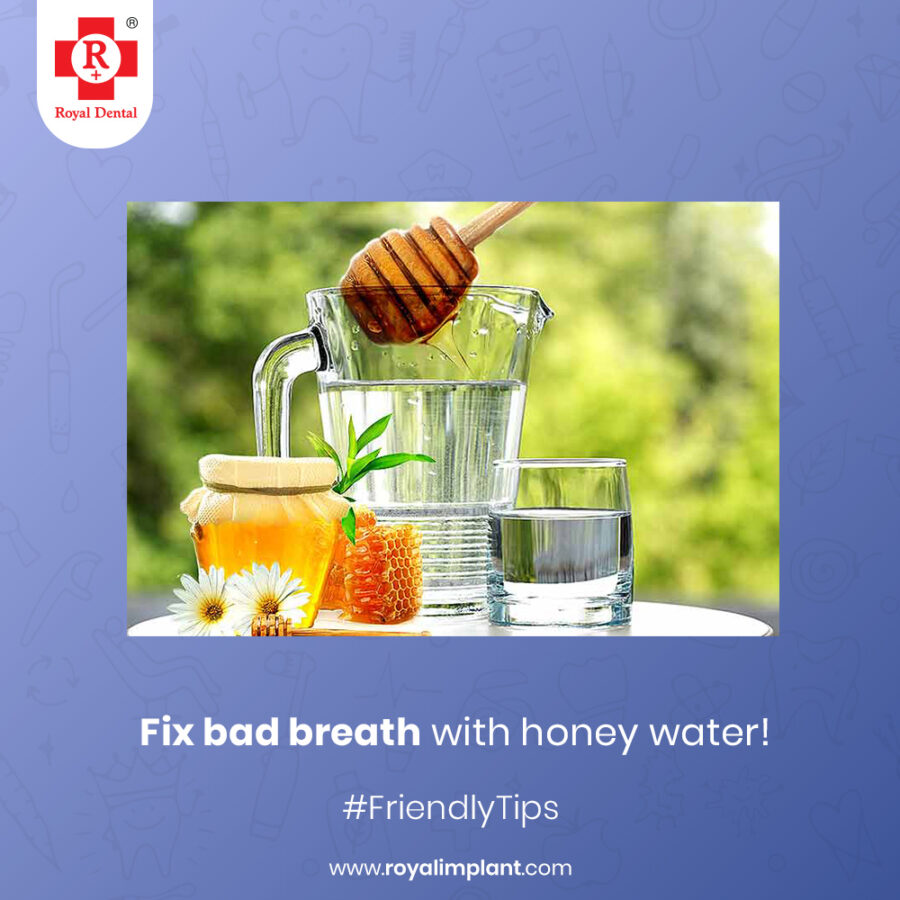
Why is honey good for you?
It is rich in antioxidants, vitamins, minerals, and other nutrients that are good for your health. It also contains trace amounts of amino acids, enzymes, and pollen, which are strong antioxidants. Honey is also rich in glucose, fructose, and sucrose, which are natural sugars that are easy to digest. While sugar is normally thought of as unhealthy, honey is different because it has a low glycemic index. This means that it doesn’t increase your blood sugar levels very much. It also has many antibacterial and anti-fungal properties, which can help to keep you healthy. But may lead to tooth decay.
Honey and its benefits except tooth decay
It’s rich in fructose and glucose – These sugars are the reason honey is easy to digest and rich in energy.
Source of B vitamins – B vitamins help the body break down carbohydrates, proteins, and fats for energy.
It has minerals such as iron, calcium, zinc, and copper. Many functions in the body, such as regulating blood, pressure, forming collagen and supporting the immune system aided by these minerals.
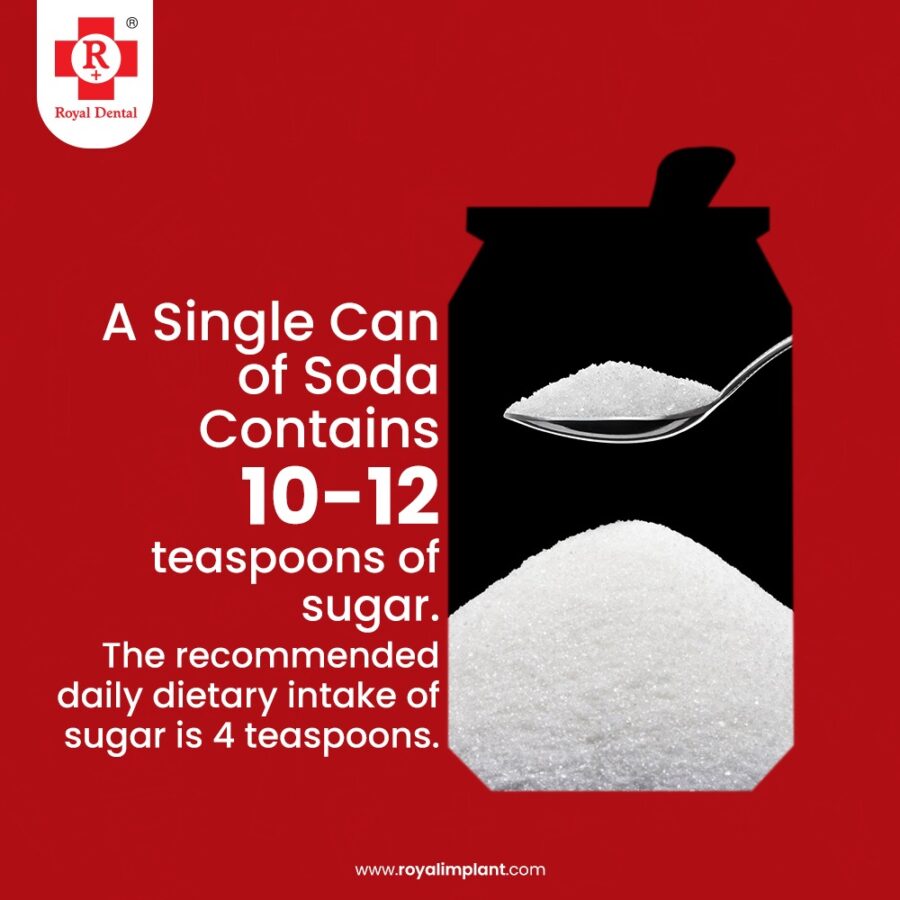
Honey has antioxidants – Antioxidants fight free radicals, which can cause damage to cells, leading to premature aging and diseases like cancer.
It is a good source of amino acids – Amino acids are the building blocks of proteins, which are needed for all kinds of functions in the body and promotes wound healing.
Honey has antimicrobial properties – It can help fight infections caused by bacteria and fungi.
How does this sweet treat benefit your health?
Honey is easy to digest and rich in energy. It is a great source of energy the sugars are easily broken down by the body.
It is rich in antioxidants and minerals. These antioxidants help fight free radicals and minerals are needed for many functions in the body.
Also has many antimicrobial properties. It can help fight infections caused by bacteria and fungi.
Honey can promote wound healing. It is a good source of amino acids, which are needed for wound healing.
Organic honey’s powerful antibacterial and antiseptic properties can help treat gum disease and prevent tooth decay.
Why dark honey is good for you!
It is a good kind of honey for your health. It is usually a wildflower for tooth decay, which is rich in antioxidants. Wildflower honey can be light or dark depending on the flowers the bees visited to collect nectar. Dark honey is a good source of minerals, including manganese, iron, copper, and zinc. It also has antioxidants that can help fight free radicals and promote good health.
Dark sweeteners can help prevent age-related diseases, promote healthy blood pressure, and support a healthy immune system. It also has many antibacterial and anti-fungal properties, which can help to keep you healthy. And is best to use dark honey on your skin because light honey has too much sugar and can promote acne.
Bottom line to tooth decay
Honey can be a delicious and healthy addition to your diet. Honey is a great source to sweeten your drinks, desserts, and other foods. These sweeteners are rich in fructose and glucose, minerals, antioxidants, and amino acids, which are good for your health. Ideally, one would choose a honey harvested from bees that have visited wildflowers tooth decay. That being said, remember that all kinds of honey have calories, and too much honey can cause weight gain. For best results, pair honey with an appropriate exercise routine and diet.

